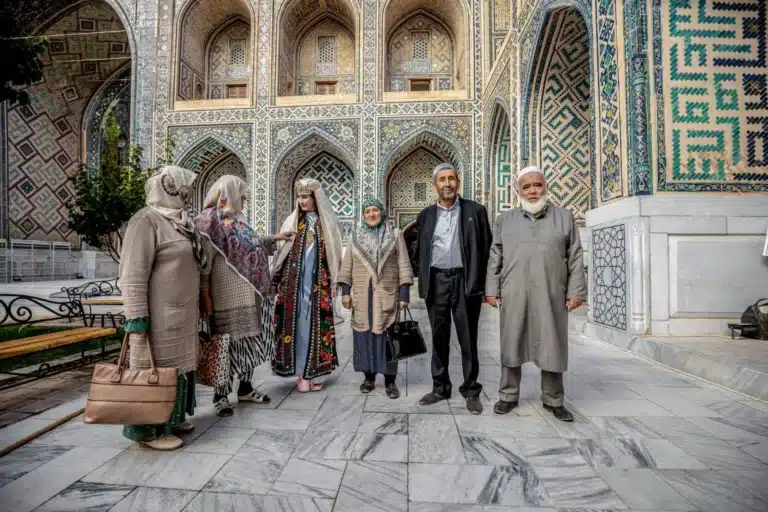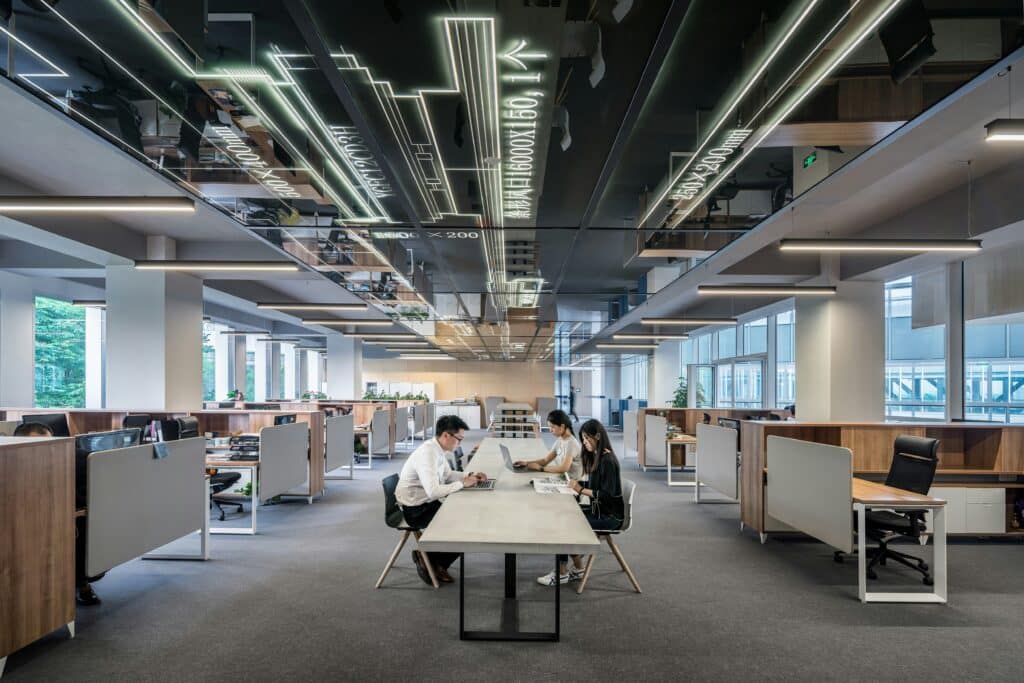
The world of work is changing faster than it has in decades. Artificial intelligence, flexible workplaces and new employee values are redefining how organisations work, collaborate and succeed. Three major 2025 studies by Gallup, Gensler and Microsoft show a global effort to balance technology with human needs.
Falling engagement, rising pressure
Gallup’s State of the Global Workplace 2025 report shows that only 21% of employees worldwide feel engaged at work, the lowest level in five years. The study estimates that disengagement costs the global economy $438 bn a year driven by burnout and poor workplace culture.
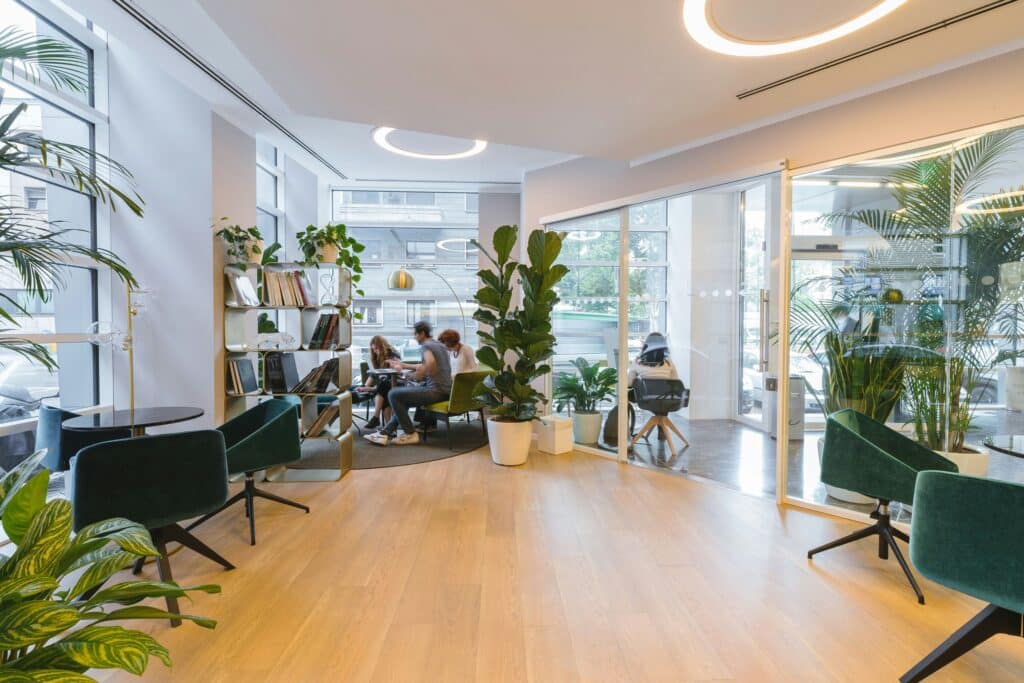
Engagement among managers has fallen from 30% to 27% and only 33% of workers say they are thriving. Stress levels remain high globally at 40% with loneliness affecting nearly a quarter of employees.
Despite these trends, Gallup estimates that improving engagement could add $9.6 trln to global GDP, signalling the urgent need for better leadership and employee development.
Central Asia’s optimism stands out
In contrast, Central Asia presents a more optimistic outlook. In Uzbekistan, 37% of employees describe their lives as «thriving», with 75% saying it is a good time to find a job, one of the world’s highest rates. Stress levels are relatively low at 12%, though 27% report anger and 18% sadness.
Neighbouring Kazakhstan leads the region in well-being at 43%, while Kyrgyzstan and Tajikistan report lower thriving scores but similar optimism about job prospects.
Workplaces are evolving, but gaps remain
The Gensler Research Institute’s Global Workplace Survey 2025 looks at how office design is changing to meet new employee needs. The survey, which covered more than 16,000 full-time workers in 15 countries, found that 76% of employees can now choose where to work. Before the pandemic that number was 64%.
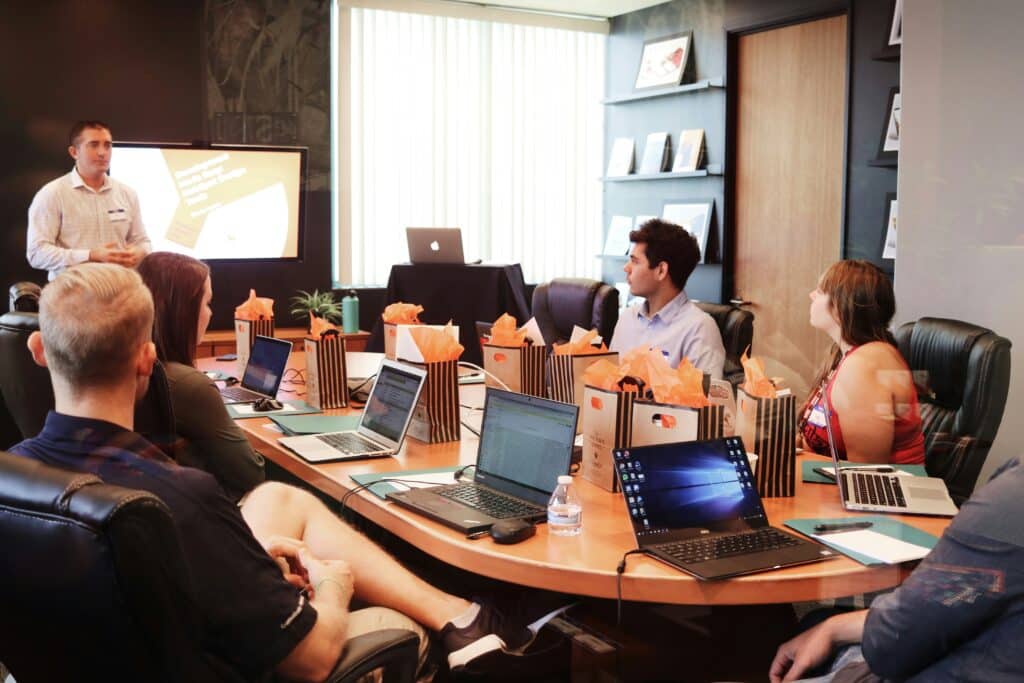
Collaboration remains a core reason to return to the office. About 42% say team meetings are their main reason, 40% go for small group discussions and 37% for casual chats with colleagues. Yet only 38% think their office gives them a great overall experience and 45% still find noise and distractions a big problem.
Workers now prefer offices that feel more creative, natural and flexible. Only 7% like the old-fashioned corporate style. Well-designed and comfortable offices make a big difference to how people feel about their jobs. 90% of employees in such spaces say they are proud of their company.
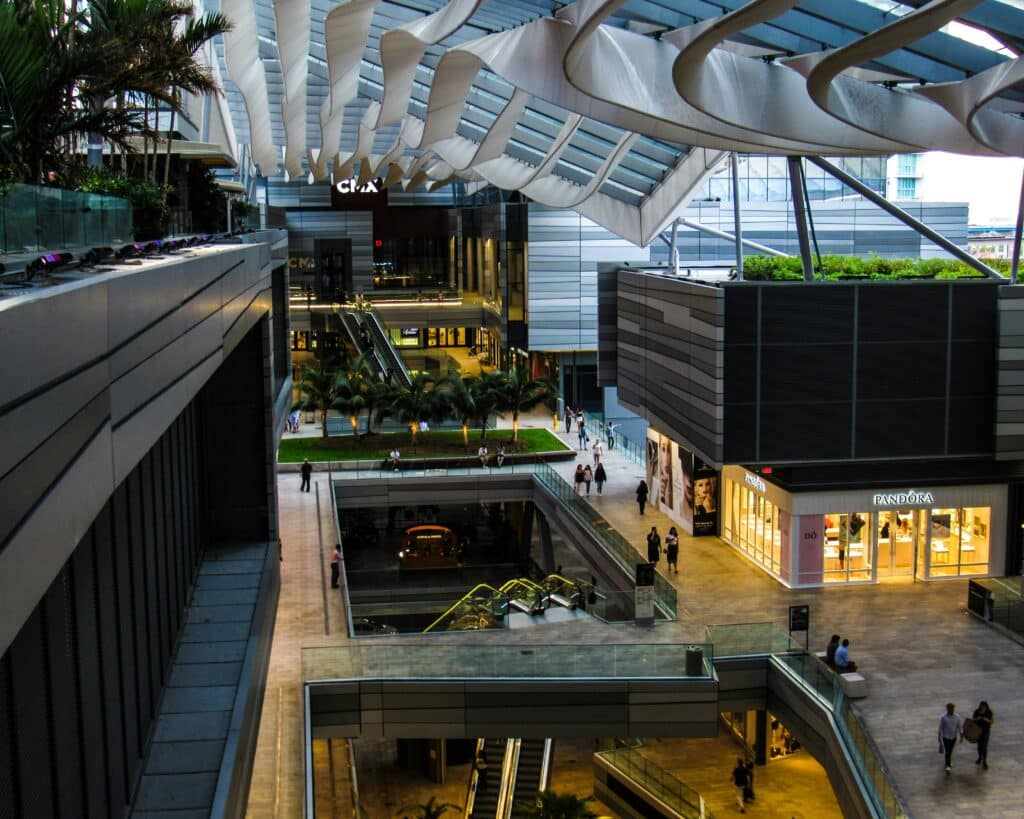
AI Ushers in the Era of the Frontier Firm
As offices and engagement continue to change, artificial intelligence is completely transforming how people work. Microsoft’s Work Trend Index 2025 highlights the rise of «Frontier Firms» — companies that build AI directly into their everyday operations.
These firms use digital assistants to handle routine tasks, help employees and improve decisions. Around 82% of business leaders expect to use AI to boost their workforce within the next 18 months, while 53% believe productivity needs to increase to meet growing demand.
AI agents now act as analysts, assistants and collaborators to help reduce interruptions, automate tasks and support creativity. The traditional organisational chart is giving way to «work charts» where teams form around projects rather than specific departments.
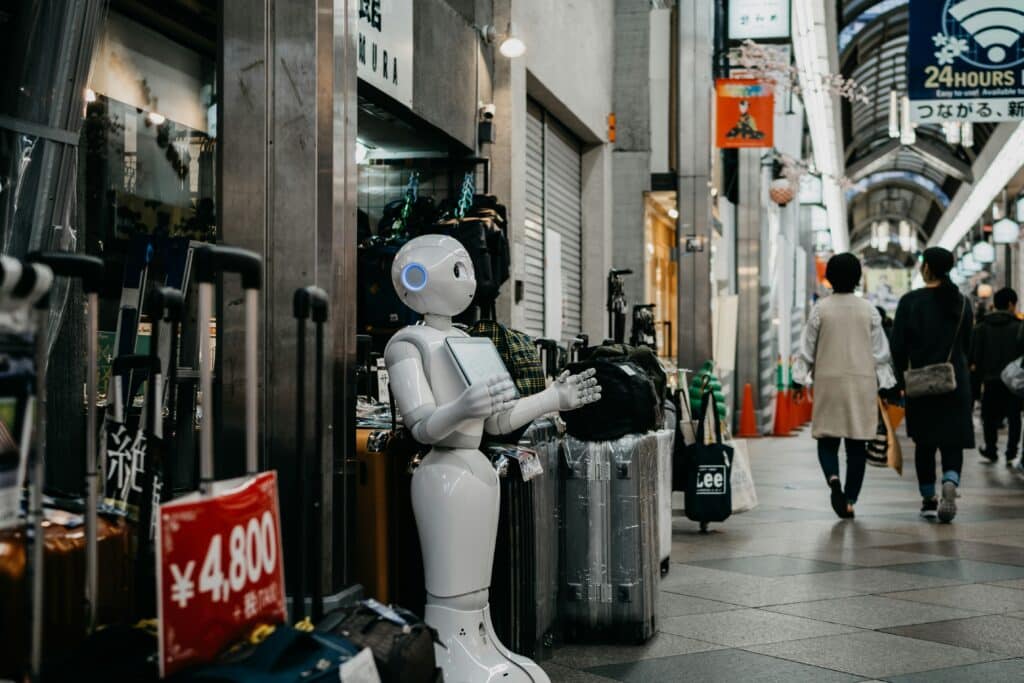
Leaders are embracing the shift: 79% believe AI will accelerate their careers, though Microsoft warns that effective «human-agent teamwork» will depend on training and oversight.
The human factor still matters
Even as automation grows, all three studies agree that work is still a deeply human experience. Gallup urges leaders to act more like coaches than bosses, Gensler highlights the need for offices that build connection and purpose and Microsoft says AI should enhance creativity, not replace it.
AI literacy is now the most in-demand skill of 2025 and firms that invest in upskilling, collaboration and flexible environments will lead the next wave of innovation.
Together, the Gallup, Gensler and Microsoft reports show that the 2025 workplace is a mix of technology and human engagement. While motivation has fallen, adaptability and creativity are shaping how people and machines work together. The future of work will combine smart design, supportive leadership and AI tools, proving that progress depends as much on empathy as it does on efficiency.












